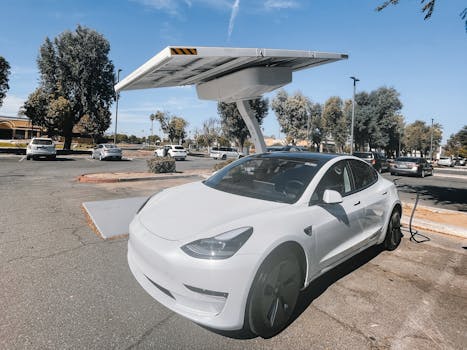
Smart Cities: Urban Trends for 2025
Smart Cities: Urban Trends for 2025 are revolutionizing the way we live, work, and interact with our environment. As the world becomes increasingly urbanized, cities are leveraging technology and innovation to create sustainable, efficient, and livable spaces. In this article, we will explore the latest trends and developments shaping the smart cities of 2025.
Introduction to Smart Cities
A smart city is an urban area that uses information and communication technologies (ICT) to enhance the quality of life for its citizens, improve the efficiency of services, and reduce costs. Smart cities use data and analytics to manage energy, transportation, water, and waste management systems, creating a more sustainable and livable environment. The concept of smart cities has gained significant attention in recent years, with many cities around the world investing heavily in smart city initiatives.
Urban Trends for 2025
So, what can we expect from smart cities in 2025? Here are some of the top urban trends that will shape the future of our cities:
- Sustainable Infrastructure: Cities will prioritize sustainable infrastructure, including green buildings, renewable energy sources, and energy-efficient transportation systems.
- Smart Transportation: Smart cities will invest in intelligent transportation systems, including autonomous vehicles, smart traffic management, and advanced public transportation systems.
- IoT and Data Analytics: The Internet of Things (IoT) will play a crucial role in smart cities, with sensors and devices collecting data on energy usage, traffic patterns, and waste management. Advanced data analytics will help cities make informed decisions and optimize services.
- Citizen Engagement: Smart cities will prioritize citizen engagement, using digital platforms and participatory governance models to involve citizens in decision-making processes and improve the overall quality of life.
Case Studies: Smart City Initiatives Around the World
Many cities around the world are already implementing smart city initiatives, with impressive results. Here are a few examples:
- Singapore: Singapore’s Smart Nation initiative aims to harness technology and data to improve the quality of life for its citizens, create new economic opportunities, and build a more sustainable and resilient city.
- Barcelona: Barcelona’s Smart City initiative focuses on sustainable energy, mobility, and waste management, with a strong emphasis on citizen participation and engagement.
- Copenhagen: Copenhagen’s Carbon Neutral 2025 initiative aims to reduce the city’s carbon emissions to zero by 2025, through a combination of renewable energy sources, energy-efficient buildings, and green transportation systems.
Conclusion
In conclusion, smart cities are the future of urban development, offering a range of benefits, from improved sustainability and efficiency to enhanced quality of life and economic growth. As we look to 2025, it’s clear that technology and innovation will play a crucial role in shaping the smart cities of the future. Whether you’re a citizen, business leader, or city official, it’s time to get involved and help create the smart cities of tomorrow.





